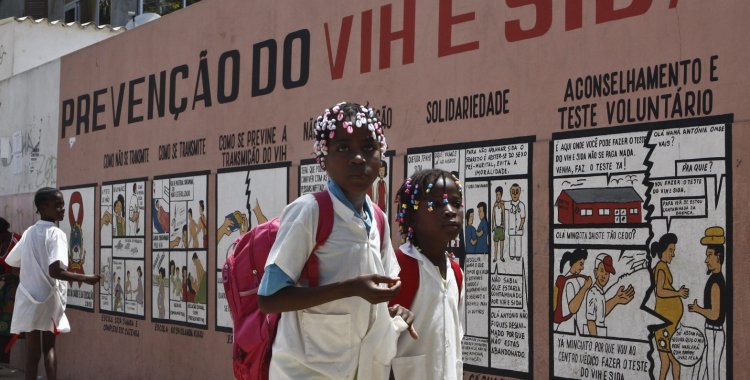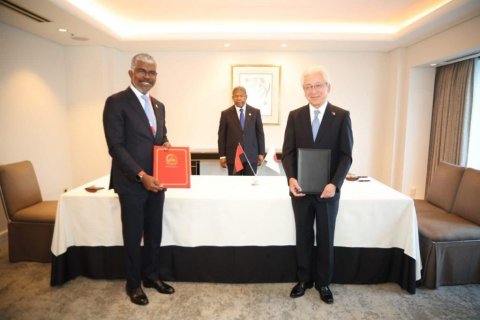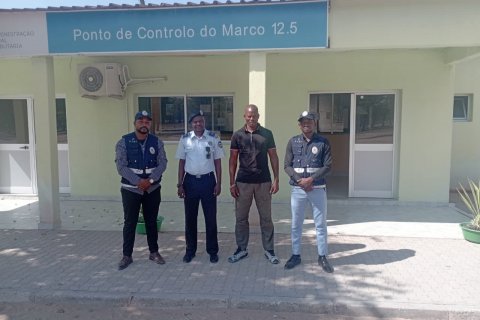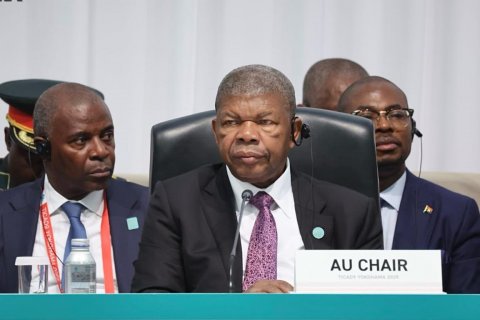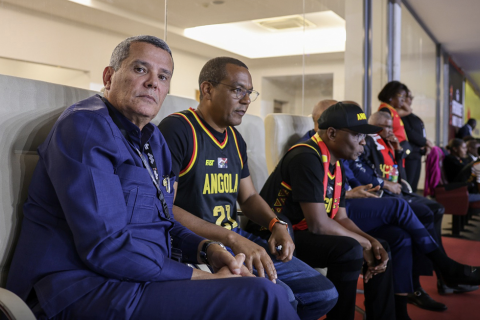Data from the Joint United Nations Program to Combat HIV/AIDS (UNAIDS) in Angola were transmitted this Wednesday, in Luanda, during a ceremony to present the Global Report on HIV/AIDS 2023 “Let Communities Lead” .
In a statement, UNAIDS states that, between 2010 and 2022, Angola had a 45 percent reduction in the incidence of HIV/AIDS.
The data indicate that young people between 15 and 24 years old are the group that registers the highest incidence (0.7 percent), and among young girls and women it is 1.1 percent, “four times higher than that of boys (0 .3 percent) and even more critical among young women in the key population category (prostitutes)”.
UNAIDS expresses concern about the outdated data from the latest Integrated Biological and Behavioral Survey for key populations, highlighting that Angola is committed to accelerating prevention actions and sexual and reproductive health services.
Angola's commitment to implement the main recommendations of the Assessment of the Legal Environment for HIV/AIDS and the right to sexual reproductive health, through the National Strategic Plan for Response to HIV/AIDS, Viral Hepatitis and other Sexually Transmitted Infections 2023-2026, are set out axis of UNAIDS concerns.
The Joint United Nations Program to Combat HIV/AIDS highlights the increase in diagnosis (40%-93 percent) and treatment (34%-79 percent) among HIV-positive pregnant women, between 2018 and 2022, as “main progress” registered by Angola.
Little community investment for prevention, stigma and discrimination, few resources to contain the expansion of the viral load and poor adherence to antiretroviral treatment due to lack of social support are highlighted by UNAIDS as the main challenges for Angola.
This meeting, in anticipation of World AIDS Day, took place at the headquarters of the Angolan Network of AIDS and Major Endemic Services Organizations (ANASO), a non-governmental organization.
António Coelho, president of ANASO, said, at the time, that the country needs to “resolve the problems of political leadership, data, which are estimates and do not represent the real situation of HIV/AIDS, and national funds to combat HIV/AIDS. illness".
“If we don’t solve these problems, we won’t be able to end AIDS as a public health problem by 2030”, noted the association leader.

